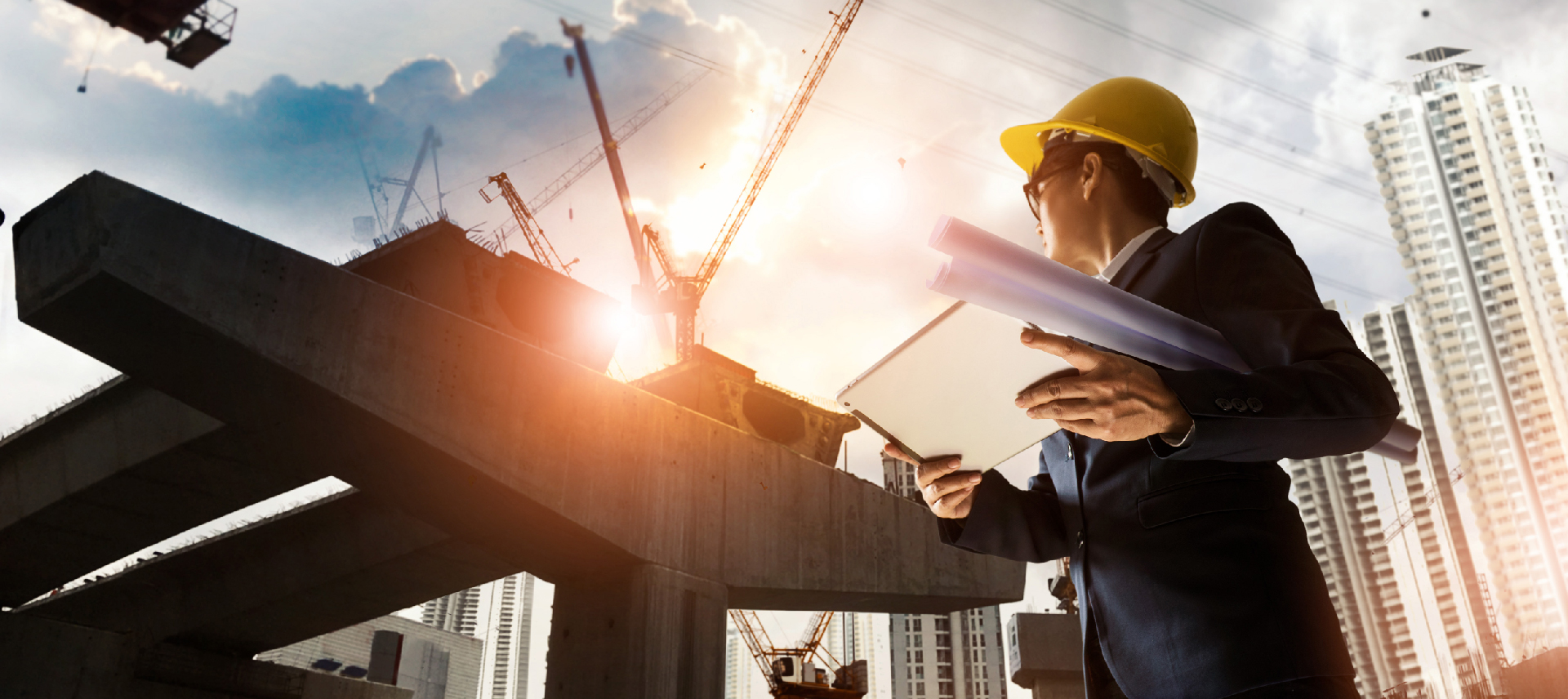Challenges in the Infrastructure Industry during COVID-19

COVID-19 has become a massive problem that keeps haunting many industries. It started with the national-scale social restrictions where shops and public places were temporarily closed, and now with the implementation of physical distancing and strict health protocols which have resulted in their own limitations. The lingering impacts have become the downfall for the infrastructure industry.
\
and BINUS Graduate Program held the third session of the webinar series “Connecting the Dots” and invited Dr. Siddik Siregar (Former Director of WIKA Beton) as the keynote speaker on Friday, March 19, 2021. In this event, Dr. Siddik Siregarg, who is also an alumnus of the Doctor of Research in Management at BINUS Business School, shared his insights on the challenges faced by construction companies in the pandemic era.
Unexpected disaster
The COVID-19 situation far exceeded the challenges of common diseases. COVID-19 is a disaster that was never expected to hit Indonesia, let alone all parts of the world. In fact, President Joko Widodo has declared COVID-19 a national disaster.
So, what happened then? The negative impacts felt by all industries, including the infrastructure industry, are becoming more pronounced. This means that most construction companies feel disadvantaged, and all of them are experiencing the same problems.
For example, delayed or postponed construction projects, project budgets that continue to swell due to the pandemic, and worker limitations to work on projects, are the main challenges faced by all construction companies. These problems should also be the topics of discussion for construction companies as evaluation tools to plan for new strategies.
There is no surefire formula
In every problem, we believe that there is always the best solution. However, what happens if the problems we are facing now are the kinds of problems that our generation has never faced before? This is what the infrastructure industry feels is the most confusing. No one else knows one surefire formula to minimize the repeated blows that the infrastructure industry has been experiencing since the beginning of the pandemic.
If the original purpose of a construction business was to generate as much profit as possible, then this goal must be reexamined due to the pandemic. Siddik believes that the main focus should be on business survivability. More precisely, he advised that construction companies must plan on how to reduce losses as much as possible so that the businesses can continue to operate during the pandemic and revive in the post-pandemic era.
What construction business can reflect on
The government is now aware of the challenges faced by the infrastructure and construction businesses due to the pandemic. Now, various policies strategized by the Ministry of PUPR have been enforced, such as refocusing on target construction workforce development and regarding development projects with efforts to prevent the spread of the virus.
This policy can be a means for the construction businesses to continue to operate as optimally as possible. Then, it should be noted that the impact of COVID-19 felt by the construction sector is not only internally, but also externally. Now, the construction firms must conduct internal reviews with one goal, namely to balance the cash flow of the businesses.
Several examples were given by Siddik, including reviewing the availability of project funds, examining the efficiency in all lines of business, checking the outstanding receivables, renegotiating debt payments, and diversifying assets. These efforts must be carried out quickly because the construction businesses must also be prepared to anticipate foreign competitors whose business operations have become more stable. For example, the construction firms from China have managed to control the spread of the virus in the country and are now ready to offer construction services at low prices.
Hope that every beginning has an end
Yes, COVID-19 is a disaster with devastating impacts on the stability of the construction business, especially when considering previous years where infrastructure was the country’s main focus, now it has to be delayed considerably. However, Siddik also said that as humans and businesspeople, we must have the belief that every beginning has an end. This means that the COVID-19 disaster which began in 2020 will certainly end.
Even so, we should not immediately assume that the post-pandemic era will restore the conditions before the pandemic. There will be a lot of inevitable changes, making COVID-19 a reflection to transform our businesses to be even better. If efficiency is now being carried out, it is likely a sign that the construction sector has indeed been inefficient since before the pandemic.
Siddik also added that the construction businesses could reflect on the economic recession that occurred in 2007 and 2009, although the impact was not as big as the impact of the pandemic. It is evident that every disaster will inevitably end and has resulted in a sharp increase in infrastructure trends.
